Tachyon tidbits featuring Nancy Springer, Lisa Goldstein, Lavie Tidhar, Ellen Datlow, and Nick Mamatas
The latest reviews and mentions of Tachyon titles and authors from around the web.
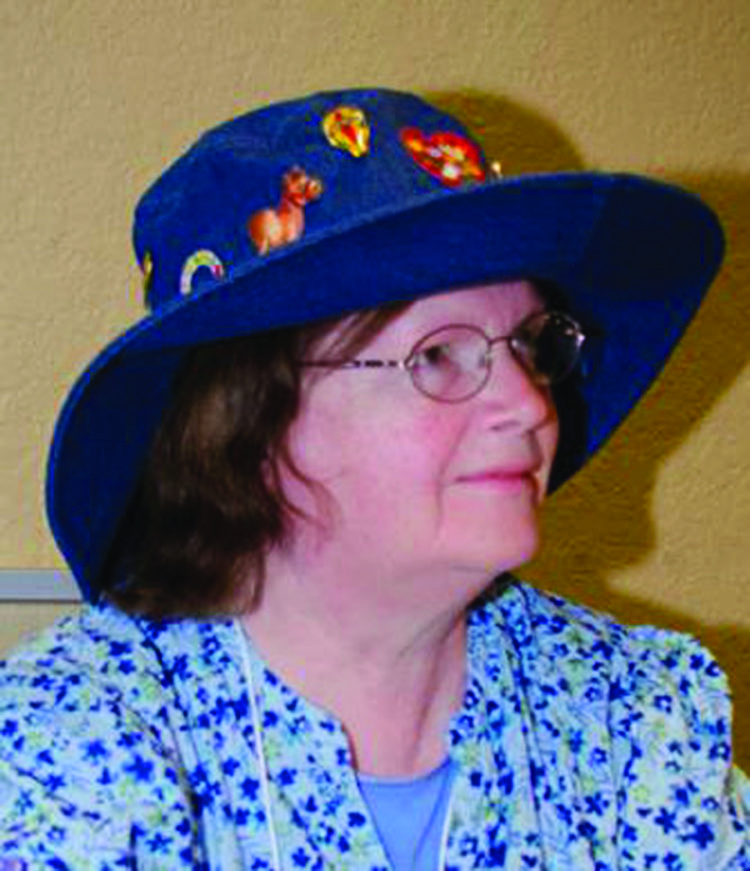
Naancy Springer
Photo by Bob O’Lary
Lisa Goldstein
Photo by Doug Asherman
Lavie Tidhar 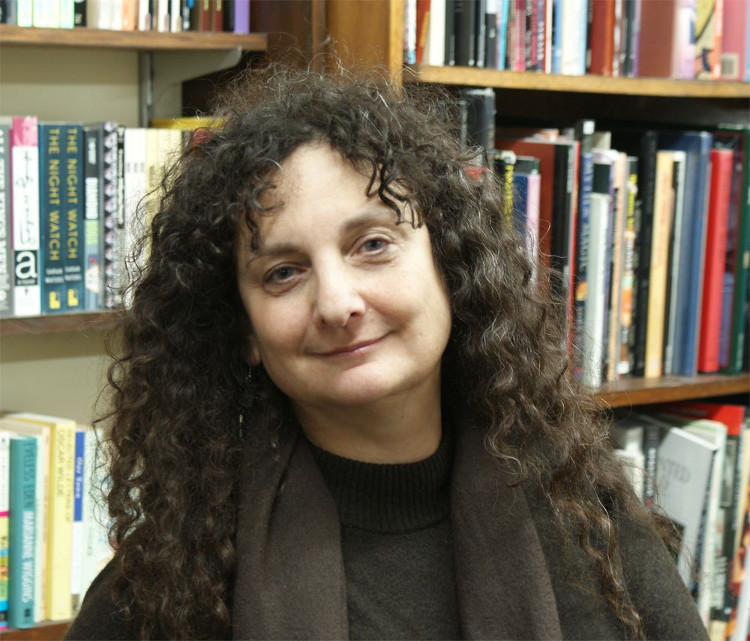
Ellen Datlow 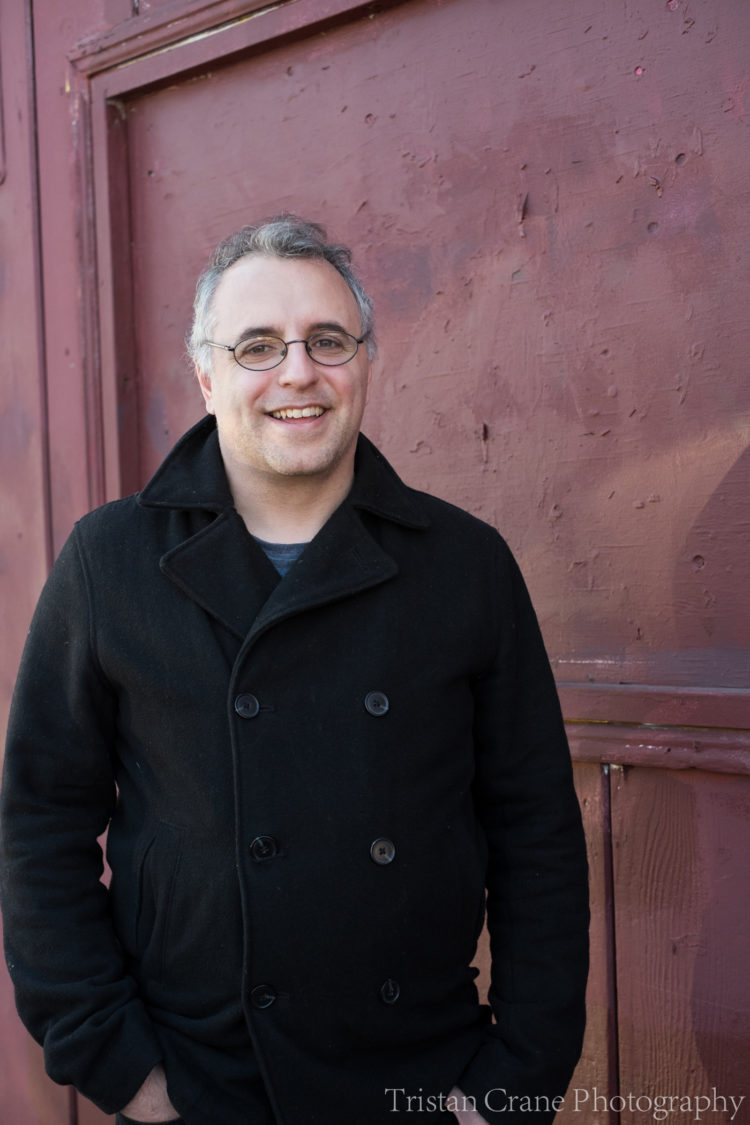
Nick Mamatas
Photo by Tristian Crane
WAY TOO FANTASY borrows a review rating system from Novels & Waffles when praising Enola Holmes creator Nancy Springer’s THE ODDLING PRINCE.

I generally try to avoid books that make me feel blue because as an emotional reader I get so deep in my feelings that it’s hard to pull myself out again. I don’t want to be weeping around my house randomly for weeks after finishing a book (true story–this has happened with books and movies before). That being said, no book quite touched me and made me a weepy mess like Nancy Springer’s THE ODDLING PRINCE. It didn’t make me depressed at the end, but I really got caught up in my feelings with that one.
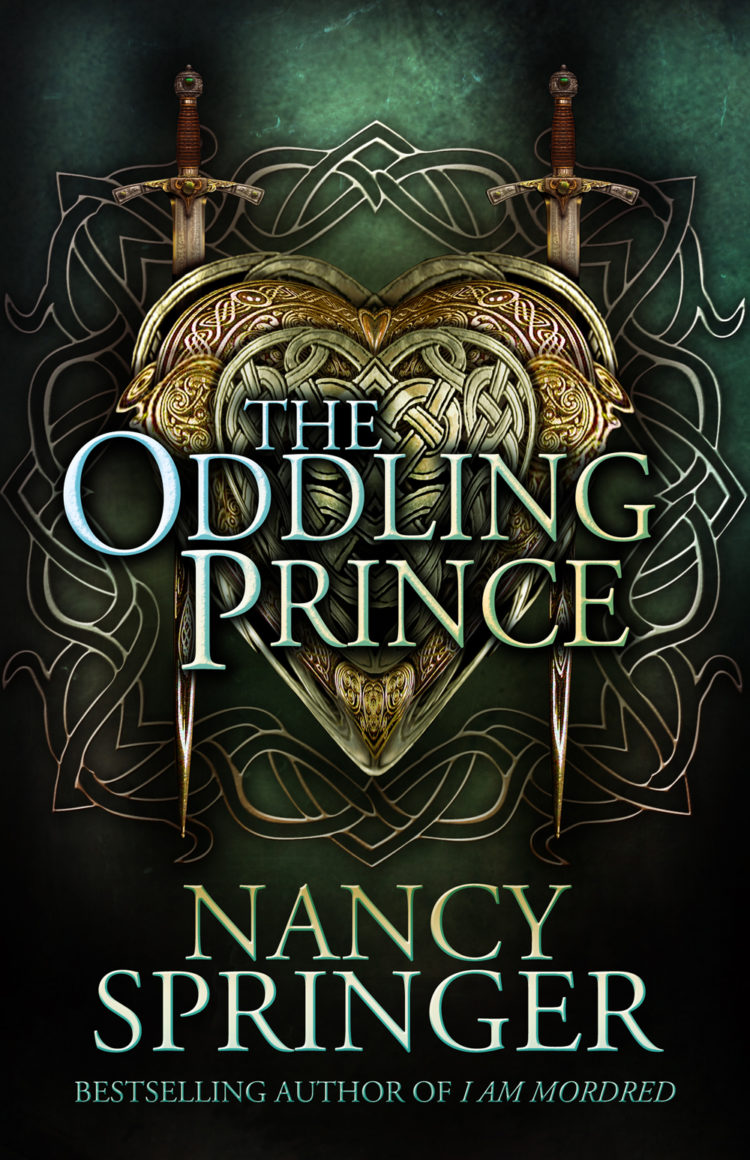
Design by Elizabeth Story
HOWLING FROG BOOKS enjoys Lisa Goldstein’s IVORY APPLES.
It’s an excellently-written novel, and I did enjoy it; it’s no wonder it won an award! It was also a little bit of a shock. But I suppose that is salutary now and then. If you like fantasy — especially the modern varieties — well, then you’ve probably already read and loved IVORY APPLES. But if you haven’t, grab a copy!
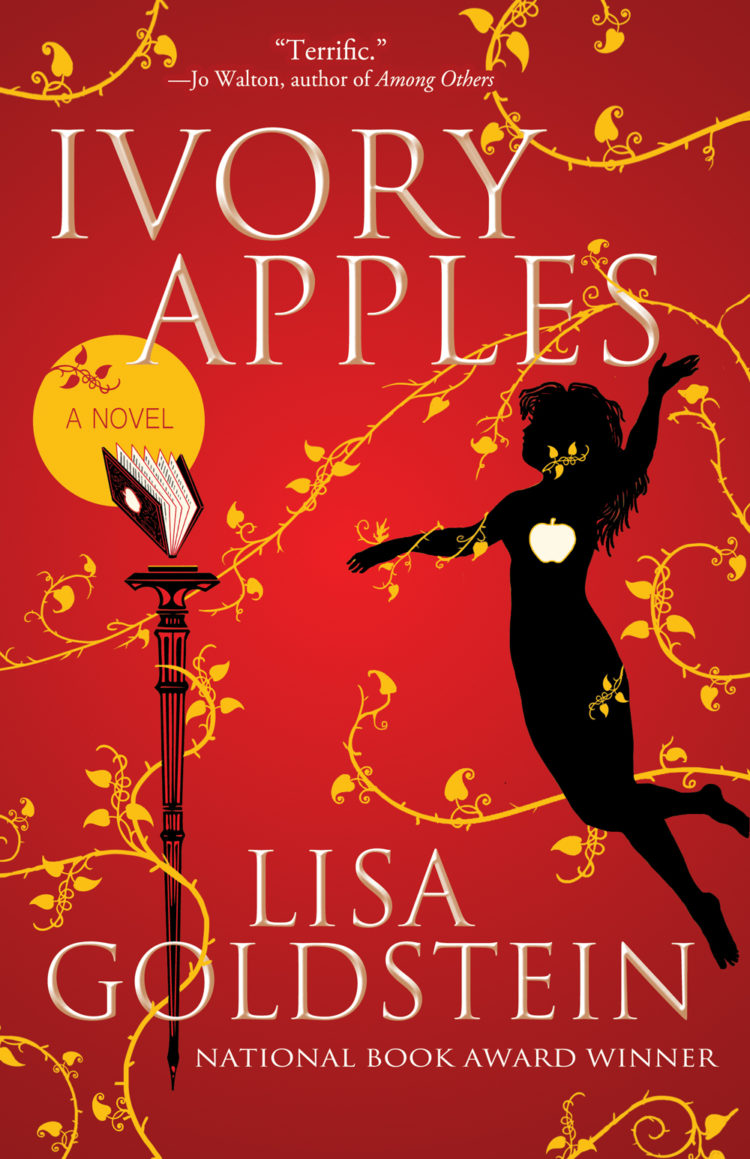
Noa Manheim in the article “A Prophet without Honor” for THE TEL AVIV REVIEW OF BOOKS explores why Lavie Tidar is so under appreciated in his native Israel.
Jewish and Israeli subjects do come up in his books. There are stories which take place in Haifa, and demonstrate, according to Ehud Maimon’s article “Haifa Haifa – City with a Future”: “The power of books and bookstores to shape the city’s reality and the stories’ heroes perception of reality; the sanctity of the city (with an emphasis on sun and fire rituals); the eternity of the city, the port and the mountain range on which it sits; the mixing of times and places (which in part comes from the same eternity) that is expressed through the establishment of the city in different timelines; and in the mixing of the mythological and the realistic.” There are books dealing with Sephardic poetry (Solve Mysteries with Mercy); and the Central Station story cycle, in which the future is saturated with miracles, aliens, robots, frequent space flights, and genetically engineered children alongside the descendants of the migrant workers who populate Tel Aviv today. Tidhar also deals with the Jewish fate. He presented his agent with the idea behind A Man Lies Dreaming as “Adolf Hitler – private detective.” The novel’s historical sections take place in Auschwitz, and its alternative history in London, where Adolf, or “Wolf”, as locals call him, tries—despite his hatred of Jews—to solve a complicated case for the wealthy Isabella Rubenstein. “What I try to do is come at big topics from a skewed angle,” Tidhar tells Adaf. “The Holocaust as pulp. Israel and Palestine viewed through alternative history. Terrorism as a detective novel.” The thought-provoking result compels the reader to accept Hitler’s character as the protagonist of the plot, to examine how a change in perspective, a shift in time, can force us to re-examine basic assumption and step completely out of our comfort zone. To rewrite our historical memory backwards.
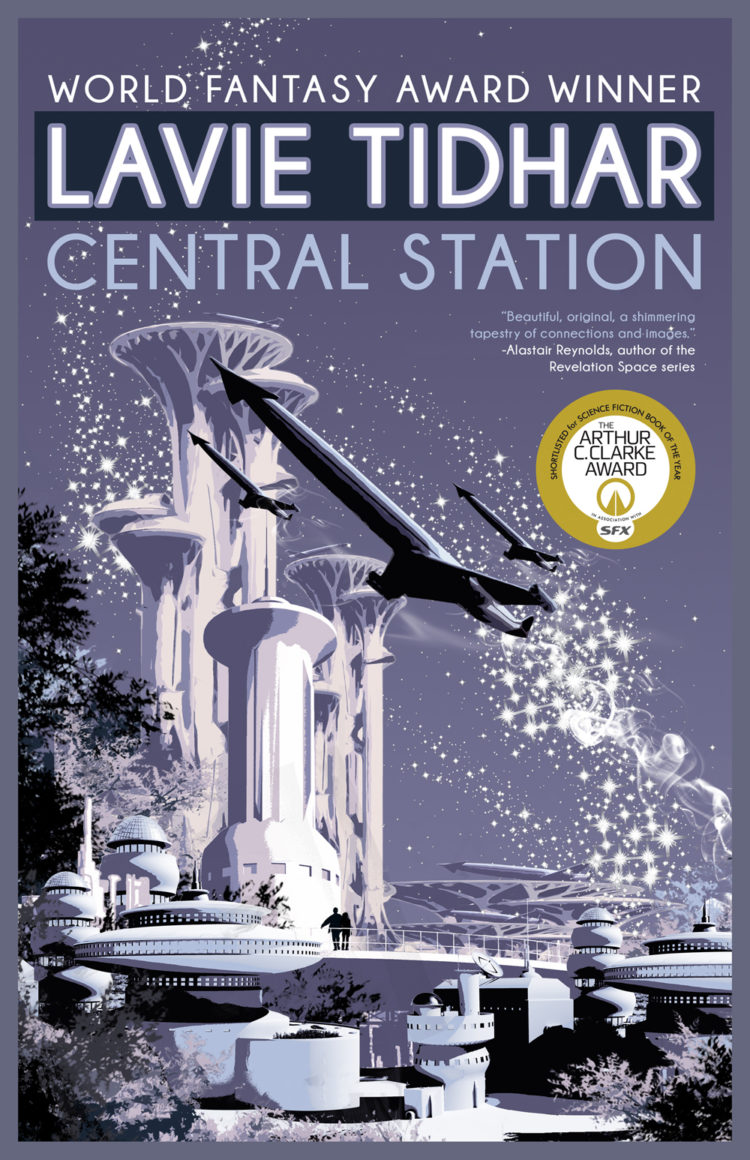
But these are some of the reasons why in his country of birth, of all places, Tidhar’s work is seldom published. Over the years, Tidhar has written short stories in Hebrew—mainly before his international career took off—and even wrote two novels in his mother tongue, But until now, only two of the nine novels he has written in English, CENTRAL STATION and A Man Lies Dreaming, have been published in Hebrew, and only one of them by a major publisher— Keter, who do not focus on SF & F. Of the 40 short stories published in Hebrew, in publications devoted to SF & F, only around half have been translated.
Tidhar himself is well aware of his complicated relationship with his audience, especially in Hebrew. As he tells Adaf: “I have a very ambivalent relationship with my hypothetical readership. Who, in God’s name, am I writing for? I abandoned Hebrew for English, very consciously…Parts of my life are completely alien to non-Israelis. But parts of my thinking are completely alien to Israelis, too.” At the end of the day, Tidhar says, like James Joyce ,“I need to be an exile in order to write about home.”
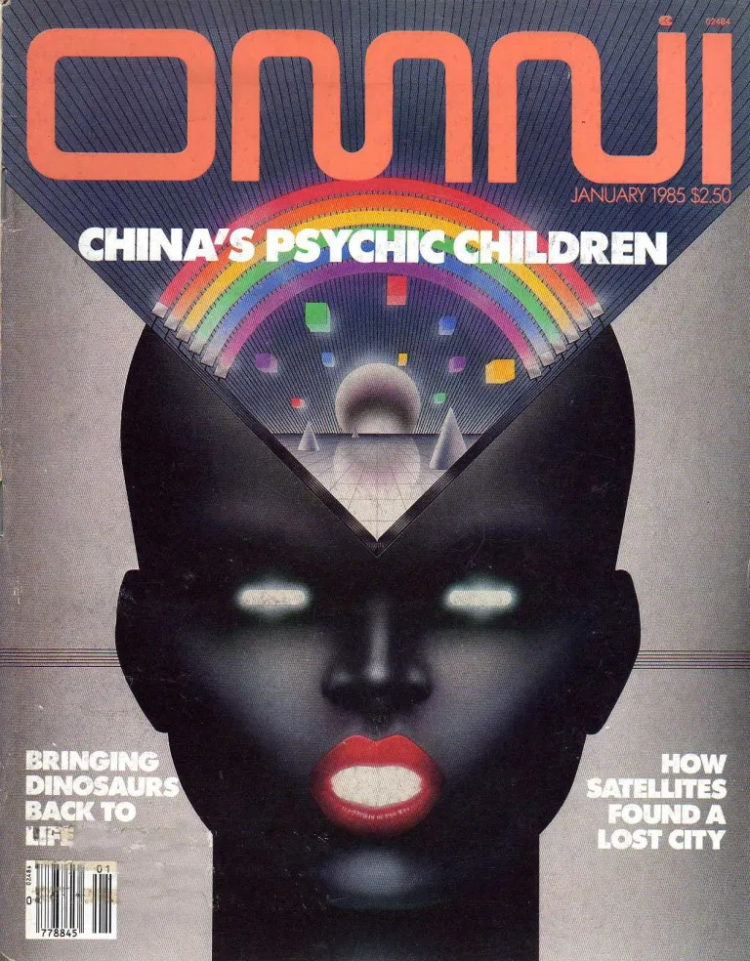
For MYTHAXIS REVIEW, Daniel Scott White interviews Ellen Datlow.
DSW: Omni magazine opened the doors in 1978. How did you make the transition from mainstream to working there?
ED: I started working at Omni in the fall of 1979 as Associate Fiction Editor and took over as Fiction Editor in the fall of 1981. I was an editorial assistant at various book publishers intermittently for about 3 years before landing at Holt, Rinehart and Winston, where I stayed for three years. I then worked at Crown for a few months.
While at Holt, I started doing freelance reading for The SF Book Club, the Book of the Month Club, Dell and Ace Books, and Twentieth Century Fox.
At Holt, I had done some editorial work for Don Hutter (who was not my boss), the Executive editor at Holt, who acquired and edited some sf and sf related books. After I left Crown, Don mentioned a new magazine called Omni that was just starting up and suggested I call the Editor—Frank Kendig—who had written a nf book for Holt. I did, and the magazine was in flux at the time—Kendig was out and Ben Bova, who had been brought in from Analog to edit Omni’s fiction, was about to be promoted to the Editorship (although I didn’t know this at the time). I basically nagged my way into the job, as Ben had a secretary but no assistant. Assistants generally read the slush and do the drudge work of publishing. When Ben was promoted, the magazine brought in Robert Sheckley as Fiction Editor and I was hired full time as Associate Fiction Editor. When Bob left to write full time again, I was made Fiction Editor, which I was for 17 years.
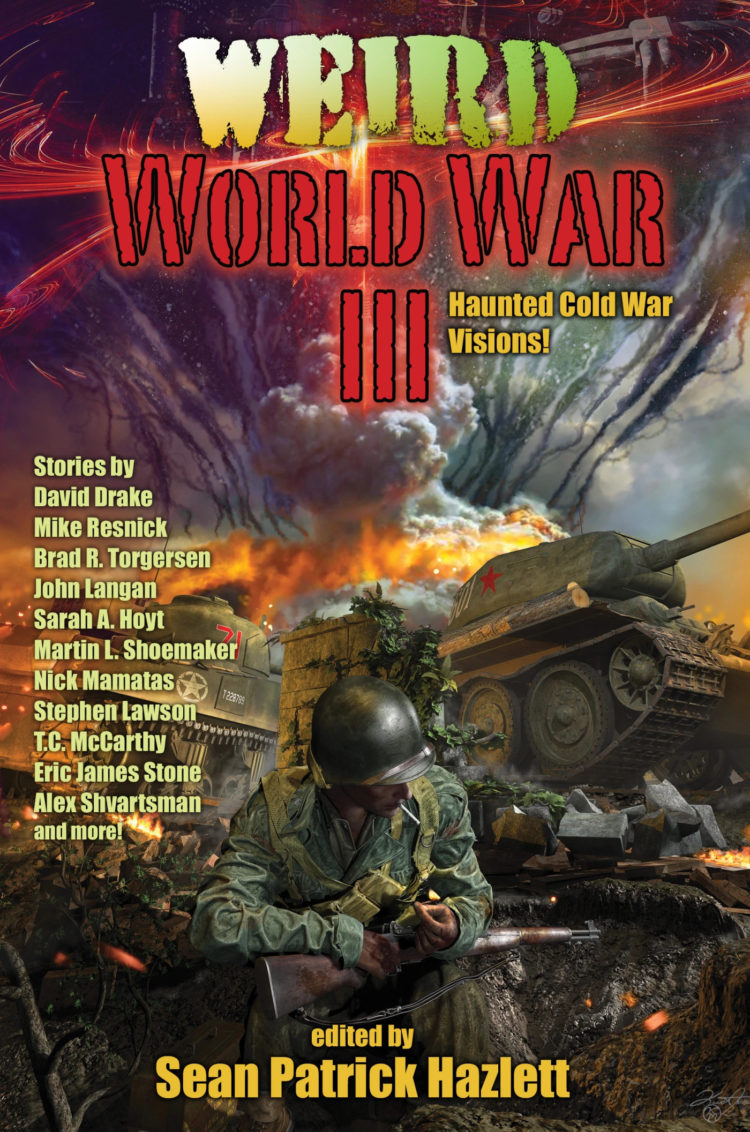
At THROUGH A GLASS DARKLY, editor Sean Patrick Hazlett interviews Nick Mamatas in conjugation with Mamatas’ story “Bleak Night at Bad Rock” appearing in Harris’ new anthology Weird World War III.
Tell me about a time you almost died.
Years ago, while living in Jersey City, we wanted to grill some food in the concrete backyard because the power and gas were out. We were also out of lighter fluid, so I grabbed a cigarette lighter and a big rock and was about to smash the former open with the latter when my girlfriend at the time walked outside and said, “Don’t do that. The lighter will explode and you will die.” And so I didn’t, and I didn’t.
If you could live anywhere in the world, where would it be?
The Manhattan in the parallel universe where Giuliani and Bloomberg didn’t ruin it.
If you could live in any time period, when would it be? Why?
Three weeks from now, when I’ll be all caught up. At least I’ve been telling myself I’ll be all caught up in three weeks for the past thirty years, so…
